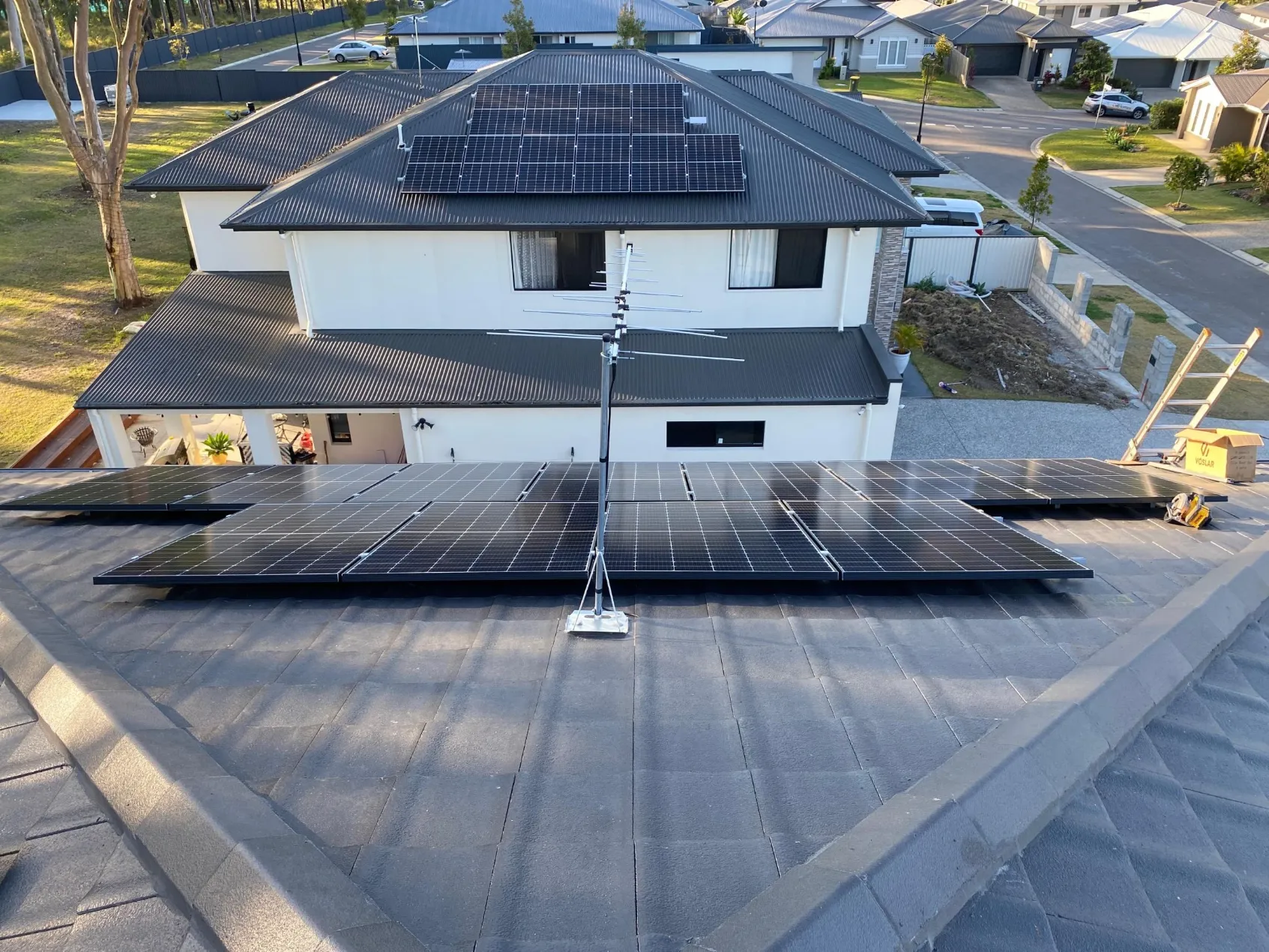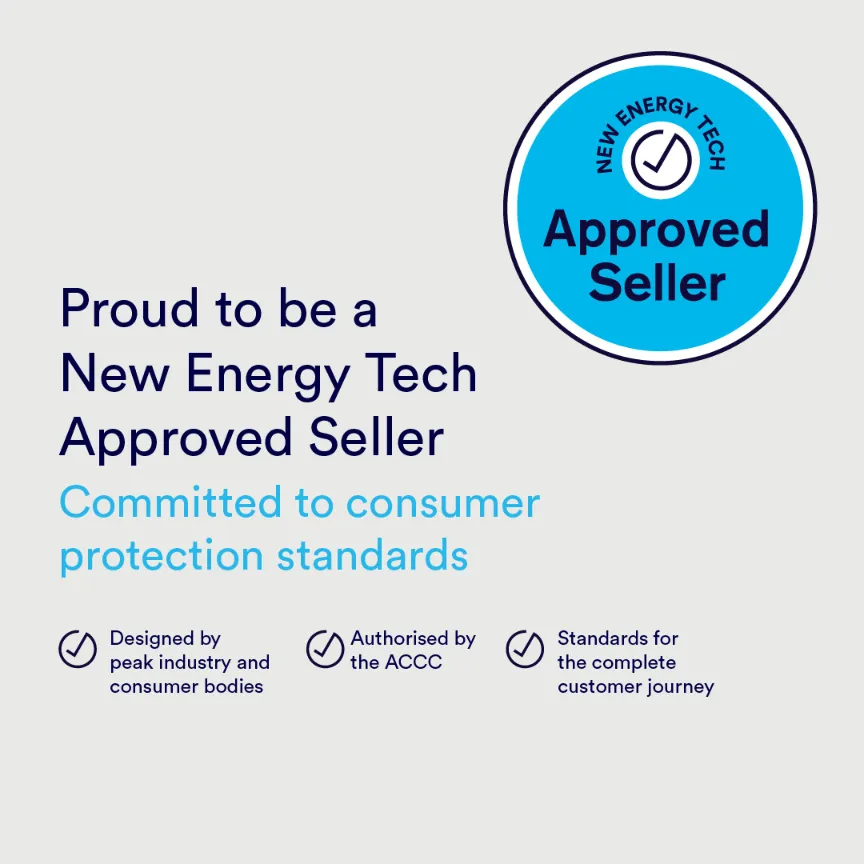Congratulations on your decision to switch to solar energy! Investing in a solar power system is a great way to reduce your carbon footprint, save money on your electricity bills, and increase the value of your home. However, buying your first solar power system can be a daunting task, so we’ve put together 40 tips to help you make an informed decision.

1. Determine your energy needs by analyzing your past electricity bills.
2. Research solar panel manufacturers and find one with a good reputation and warranty.
3. Choose a CEC approved solar retailer to ensure that your system meets Australian standards.
4. Compare quotes from different solar retailers to find the best price.
5. Ask about financing options and government incentives, such as STCs and rebates.
6. Consider the size of the solar system you need based on your energy consumption and roof space.
7. Opt for a larger solar system if you plan to install additional appliances or charge an electric car.
8. Make sure your roof is suitable for solar panel installation.
9. Choose the right type of solar panels for your needs, such as monocrystalline or polycrystalline.
10. Consider the efficiency and lifespan of the solar panels.
11. Choose a reputable inverter manufacturer and ask about their warranty.
12. Opt for a solar system with monitoring capabilities to keep track of your energy production and usage.
13. Find out if your solar panels require cleaning and maintenance, and how often.
14. Consider the angle and direction of your solar panels for optimal energy production.
15. Check if you need to apply for any permits or approvals for your solar system installation.
16. Consider adding a battery storage system to store excess energy for later use.
17. Determine the payback period for your solar system investment.
18. Look for a solar retailer with experience installing systems in your local area.
19. Ask for references from previous solar customers to ensure quality workmanship.
20. Check the solar retailer’s customer service policies and response times.
21. Research the installation process to ensure it meets safety standards.
22. Ask if the solar retailer provides any post-installation support or maintenance services.
23. Consider the type of mounting system needed for your solar panels.
24. Find out if your solar system is eligible for any energy credits or feed-in tariffs.
25. Consider the type of roofing material you have and how it will affect installation.
26. Choose a solar system with a good performance warranty.
27. Look for a solar system that is compatible with future upgrades or expansions.
28. Determine if you need to upgrade your electrical system to accommodate the solar installation.
29. Consider the aesthetics of the solar panel installation and how it will look on your home.
30. Find out if your solar system comes with a mobile app for monitoring energy production.
31. Check the solar system’s safety features, such as overvoltage protection.
32. Consider adding surge protection to your solar system for added safety.
33. Find out if your solar system has any cybersecurity features.
34. Consider adding a backup generator in case of power outages.
35. Choose a solar retailer with good reviews and ratings from previous customers.
36. Make sure your solar system is covered by your home insurance policy.
37. Consider adding shade structures to your solar panel installation to increase energy production.
38. Find out if your solar system can be remotely monitored by the solar retailer for maintenance purposes.
39. Determine if your solar system needs to be inspected by a professional after installation.
40. Keep all documentation and warranties in a safe place for future reference.
In conclusion, buying a solar power system can seem overwhelming at first, but by following these 40 tips, you’ll be able to make an informed decision that will benefit you and the environment. As a homeowner in Queensland, you have the advantage of living in a state with abundant sunshine, making solar energy an excellent option for powering your home. By investing in a solar power system, you’ll be able to reduce your dependence on non-renewable energy sources, decrease your carbon footprint, and save money on your electricity bills.
Remember, purchasing a solar power system is a long-term investment, so take the time to do your research and find a reputable solar retailer who can guide you through the process. By following these 40 tips, you’ll be able to select a solar system that meets your energy needs and budget, while also providing long-term benefits to you and the environment.


